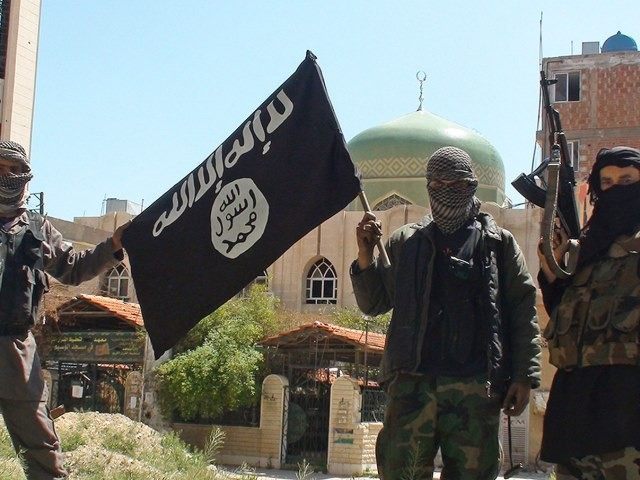A Center for Security Policy expert urges Americans to maintain vigilance during the upcoming Fourth of July celebrations as the holiday falls on the Muslim holy month of Ramadan, a period when martyrdom and jihad are especially valued and encouraged by radical Islamic extremists.
“One thing that makes July Fourth significant… is not so much that it is an Independence Day holiday for us, but rather that there are attractive targets coming out during that period: You’ve got people getting together, you’ve got parades, you’ve got soft targets in [music] concerts,” explained Kyle Shideler, director of the Threat Information Office (TIO) at the Center for Security Policy, during a conference call seminar hosted by The Endowment for Middle East Truth.
The fact that there are “more potential targets” during the holiday makes it “attractive” to jihadists during Ramadan, he continued.
Shideler acknowledged that it “is very common” for terrorist organizations like the Islamic State (ISIS/ISIL) to intensify their calls for Muslims to engage in jihad and become martyrs during Ramadan.
This year is no different.
Echoing its Ramadan message from 2015, ISIS recently encouraged Muslims to carry out violent attacks against civilian and military targets in the United States “to win the great award of martyrdom” during the holy month.
“According to Islamic practice, sacrifice during Ramadan can be considered more valuable than that made at other times, so a call to martyrdom during the month may hold a special allure to some,” warned the U.S. State Department-led Overseas Security Advisory Council following ISIS’s recent call for attacks during Islam’s holy month, which lasts from June 5 to July 5 this year.
Shideler noted that terrorist attacks tend to increase during Ramadan.
During the Fourth of July holiday last year, which also fell on Ramadan, FBI Director James Comey said that the bureau thwarted various ISIS-linked terrorist plots that were intended “to kill people in the United States.”
In response to heightened concern about potential terrorist attacks, federal and state law enforcement agencies enhanced security measures and took preventive measures that day.
A wave of high-profile terrorist attacks in Tunisia, Kuwait, and France also took place following ISIS’s Ramadan message last year.
Shideler pointed that Omar Mateen, the 29-year-old U.S. citizen of Afghan descent, killed 49 people and injured 53 others at a gay nightclub in Orlando, FL, on June 12 in response to the terrorist group’s most recent call to arms.
Mateen, who was killed by law enforcement, pledged allegiance to ISIS before he carried out the deadliest terrorist attack since 9/11. ISIS has claimed responsibility for the attack.
For ISIS, the holy month may hold a significance beyond the special appeal to become a martyr during that period given that it declared its so-called caliphate on the first day of Ramadan in June 2014.
“The ISIS’ Ramadan message specifically preaches that jihad is 10 times more obligatory during Ramadan and that those who die in jihad will be rewarded by Allah ten times as much as during the rest of the year,” Ryan Mauro, national security analyst and adjunct professor of Homeland Security for the Clarion Project, told Fox News last year.
“There will be ISIS supporters who have waited to strike until now in order to get the maximum award and those who were considering an attack and will now feel more pressure to actually do it,” he added.
Islam adherents abstain from eating, drinking, smoking, having sex, and other physical needs each day during Ramadan, starting from before the break of dawn until sunset.

COMMENTS
Please let us know if you're having issues with commenting.